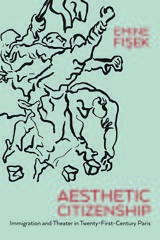Cloth: 978-0-674-62000-1
Harrison Wright discusses aspects of the history of northern New Zealand with particular emphasis on the interaction between the Maori and Western societies. The explorers, traders, whalers, missionaries, and other Westerners who visited New Zealand are considered as the agents of change, and the Maoris are considered as they and their environment altered the expectations and activities of the Westerners who came to live among them.
The author first describes the nature and extent of the Western penetration into New Zealand; he then examines the depopulation noticeable after the Western penetration and its causes—the spread of contagious diseases and the introduction of Western war methods. In the third part of the book he studies the effects of Western society—particularly of the Christian missionary work and of the influence of the traders and whalers—on the Maori patterns of behavior.
In conclusion, Wright contrasts the happy situation at the time of the British annexation in 1840, when there was a high conversion rate and encouraging agricultural progress, with the years immediately following, when the Maoris began resentfully to sense that the missionaries were not able to fill for them the gaps left by a growing sophistication and the consequent rejection of old tribal and religious habits. For their part, the Europeans realized that they had underestimated the durability of Maori habits of thought and had been overoptimistic about changing the ways of a people with regard only for their own—European—goals.
See other books on: Early Years | History | New Zealand | Oceania
See other titles from Harvard University Press












